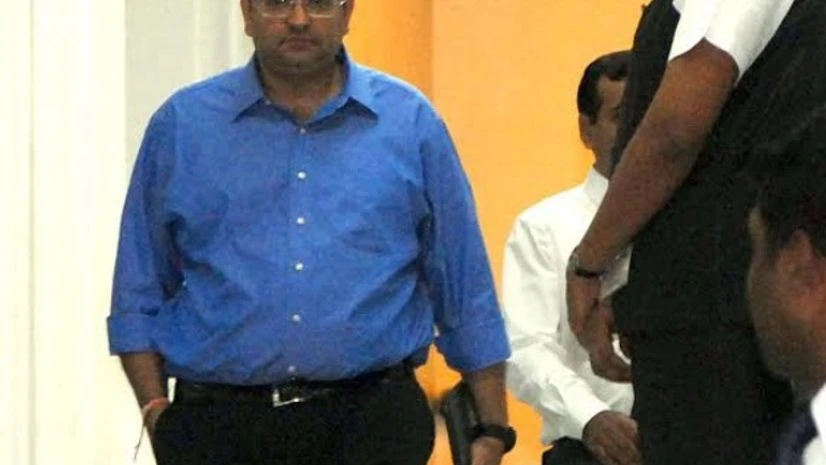Soon after resigning from the boards of Tata group’s six listed companies on Monday, Cyrus Mistry, 48, spoke to Dev Chatterjee about the reasons for quitting, his plan of action and why he does not have any regrets fighting India’s biggest corporate war with former mentor Ratan Tata.
Edited excerpts:
What made you resign from the boards of all listed companies? What has changed in the past eight weeks since your ouster from the holding company’s board as chairman?
In the past eight weeks, I have seen a lot of coercive action from the Tatas towards shareholders, debt holders and employees, making all the three stakeholders uncomfortable. In various representations to shareholders, I had said it was not about me or my position. My resignation proves that. The EGM (extraordinary general meeting) is not the right forum. I want to take the debate to the next level, at the appropriate legal forum, as I don’t want to hurt the operating companies.
My fight for governance in Tata Trusts and Tata Sons will continue. The scope for governance in these entities is immense. I continue to remain on the board of Tata Sons as a director and as long as they keep me, I will continue my fight there.
What coercive action are you talking about from the Tatas side?
More From This Section
The Tatas were threatening to withdraw the brand name Tata from the operating companies and they created a fear psychosis. Investors are closely looking at all these developments and taking decisions on the basis of what can go wrong if Tatas continue with this coercive action. The kind of action taken by the Tatas is unfortunate. The decision to quit was my own based on reflections and discussions with stakeholders. Many of them were concerned whether we were creating uncertainty. The employees were insecure and that was something which was not appropriate from my side.
So, what did you gain from the public spat?
I managed to start a debate over the governance standards in the Trusts and in Tata Sons, and get shareholders to ask the right questions. I stand by my statements that both the entities need clear governance and succession structures. The voting at Tata Consultancy Services’ EGM shows retail shareholders continue to support me as many of them abstained from voting. There was no outside pressure on me to resign and it was my own decision. The EGMs needn’t be convened now for my removal.
What will be your course of action on the legal front?
I would not like to talk about that.
What kind of governance standards would you like to see in the Trusts? The Trusts have already spoken about succession planning being underway.
The Tata Trusts should work on the same principles as any international trust with appropriate governance and succession planning and how they engage with Tata Sons. Tata Trusts have to evolve similarly and professionalise their operations.
We have significant areas to focus on and that is to inculcate governance standards in the Trusts and holding companies. We would follow the available legal remedies.
Any regrets from the fight?
I have no regrets at all. No regrets since the day I joined Tata Sons.

)
